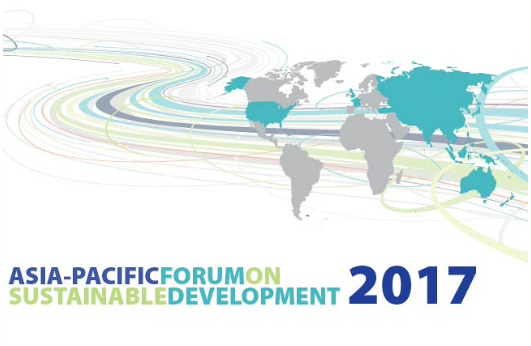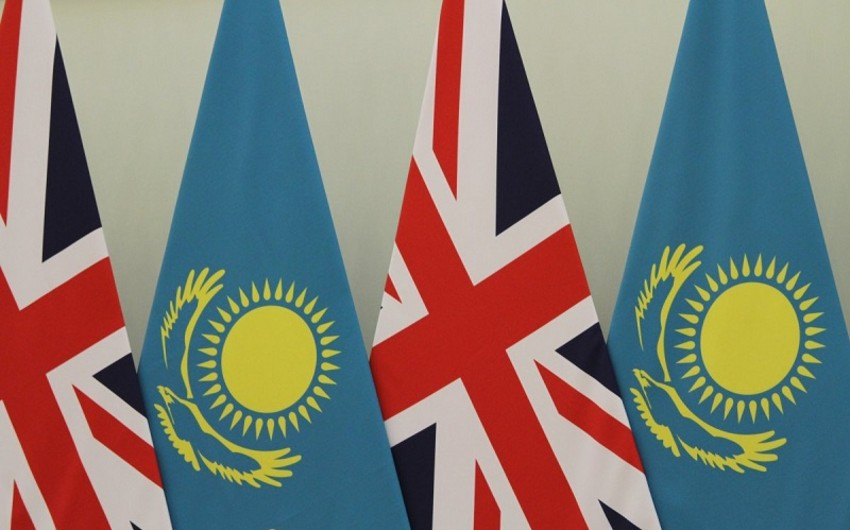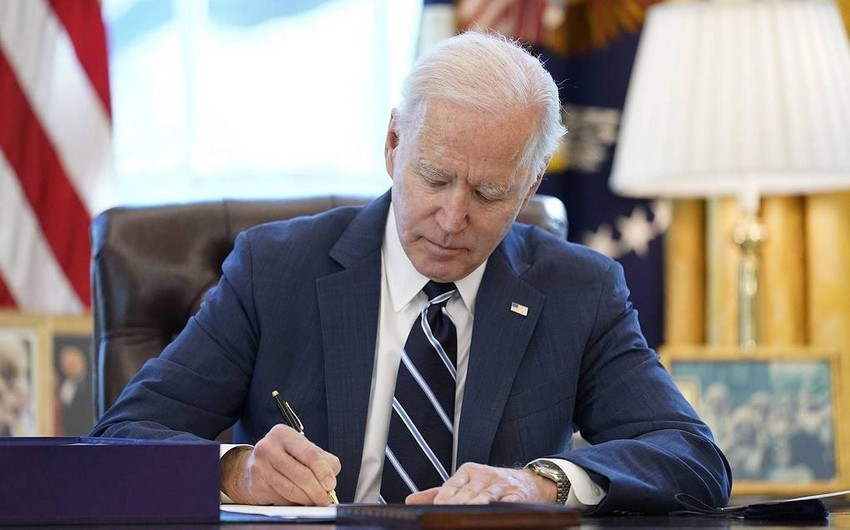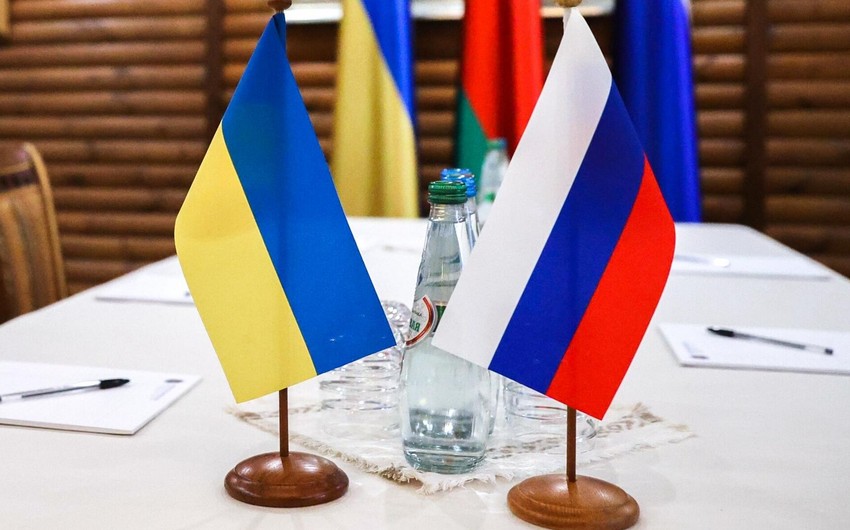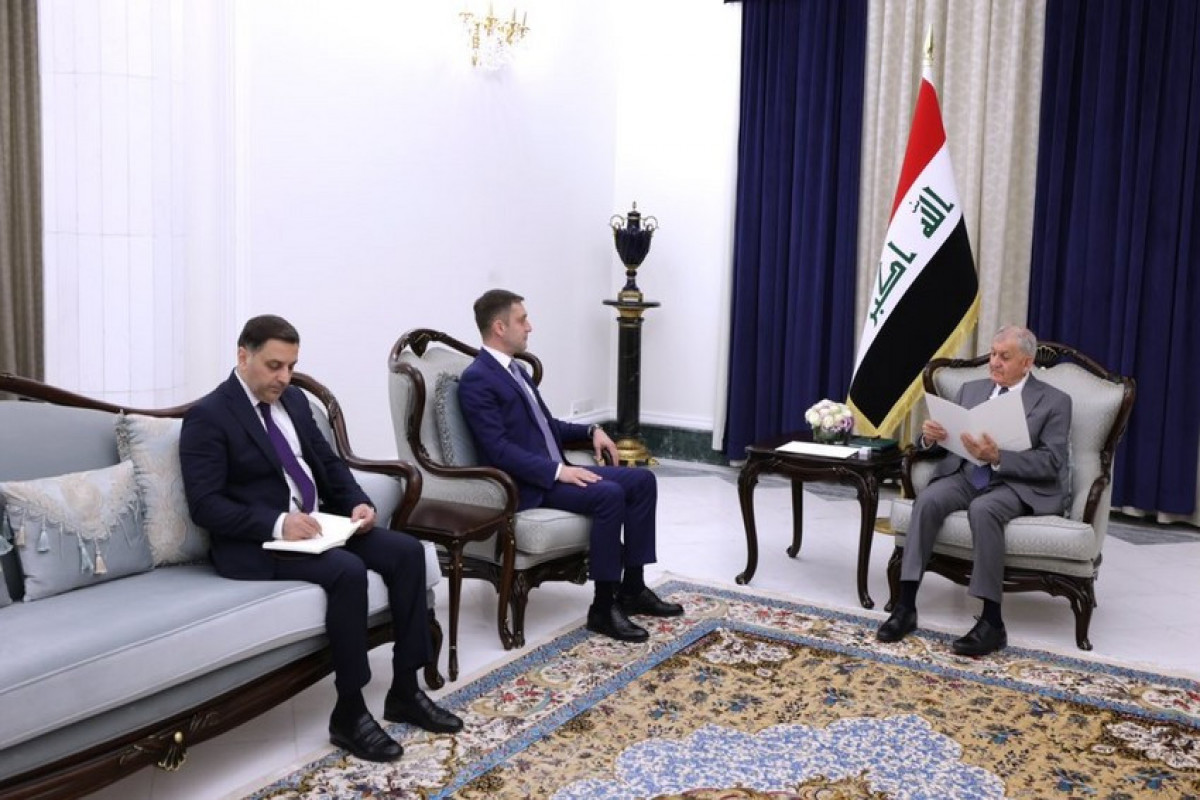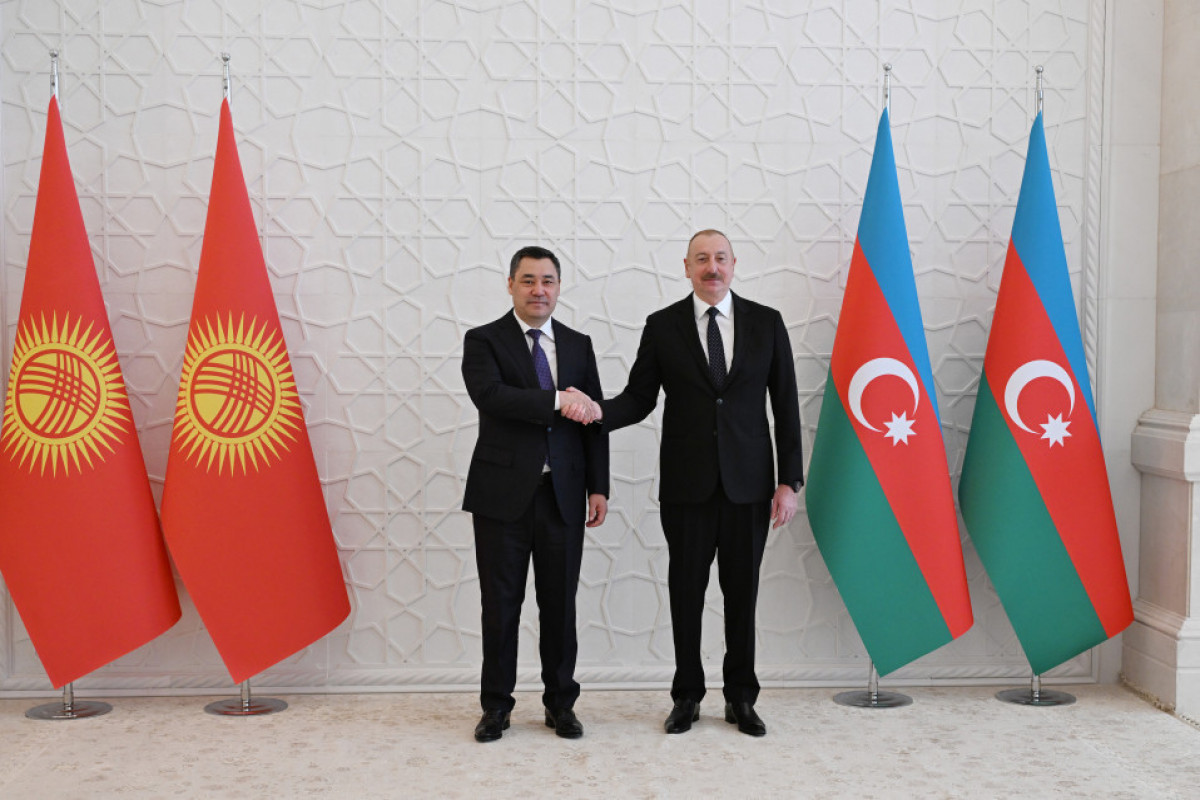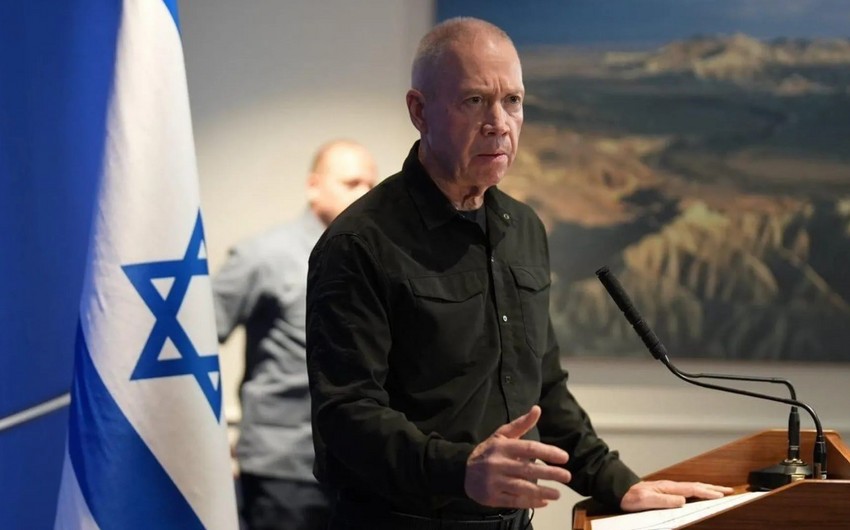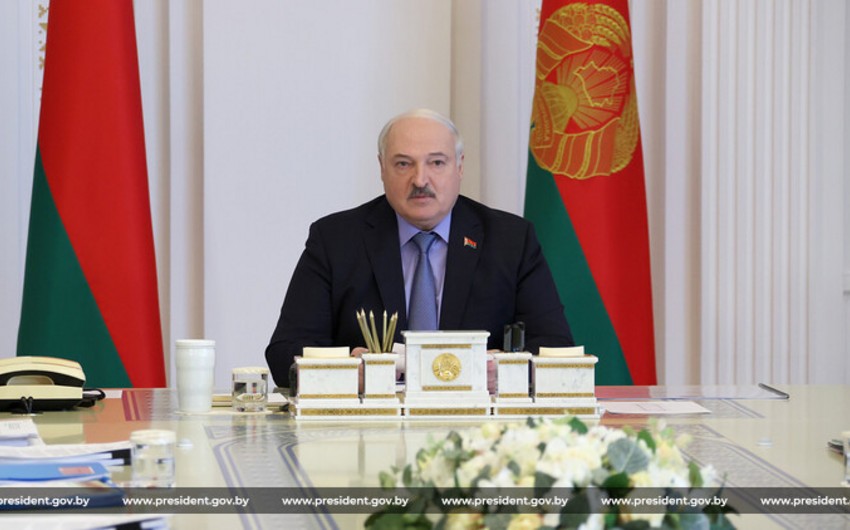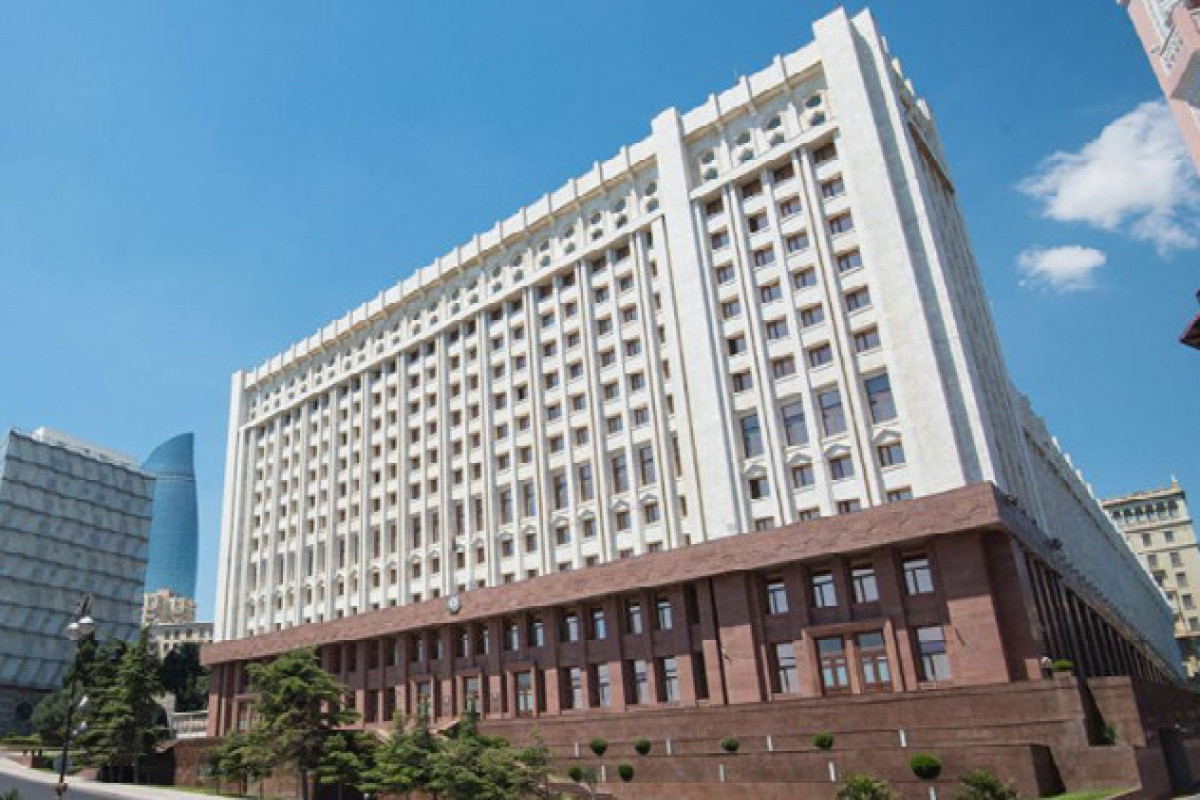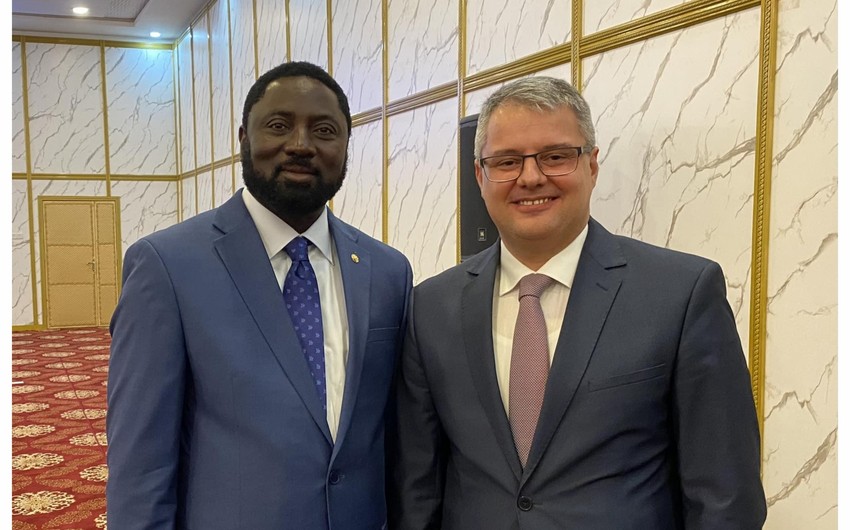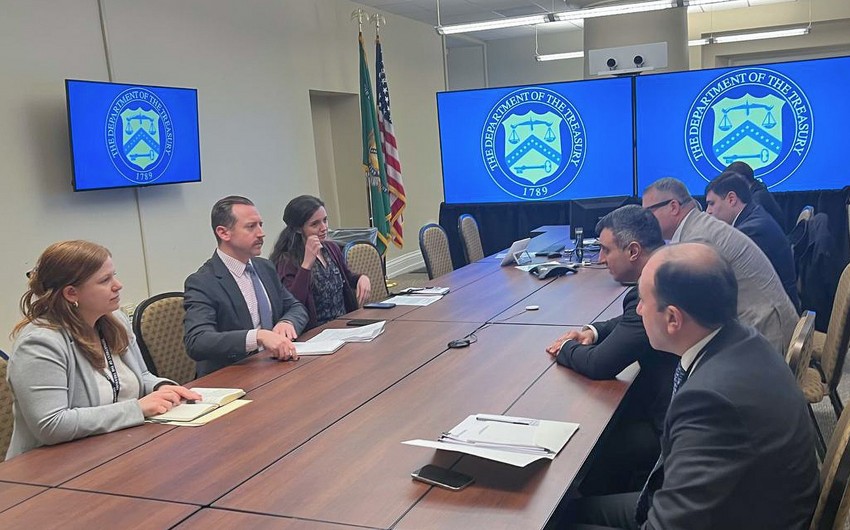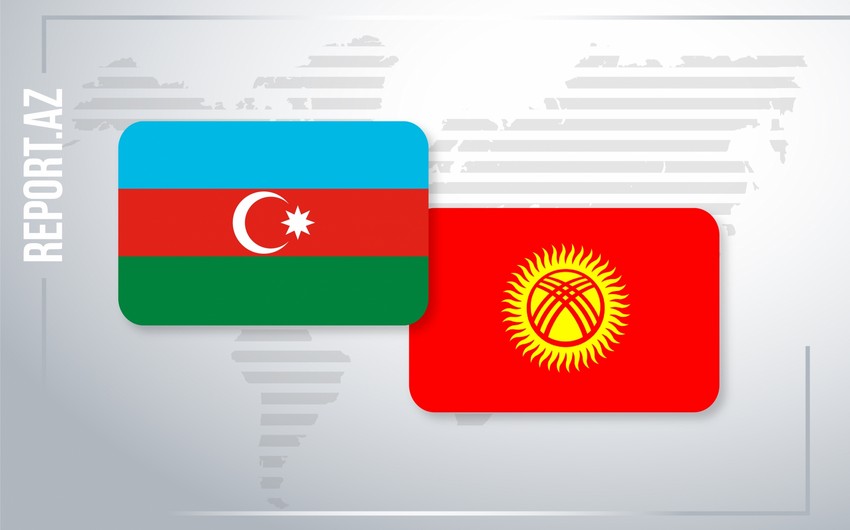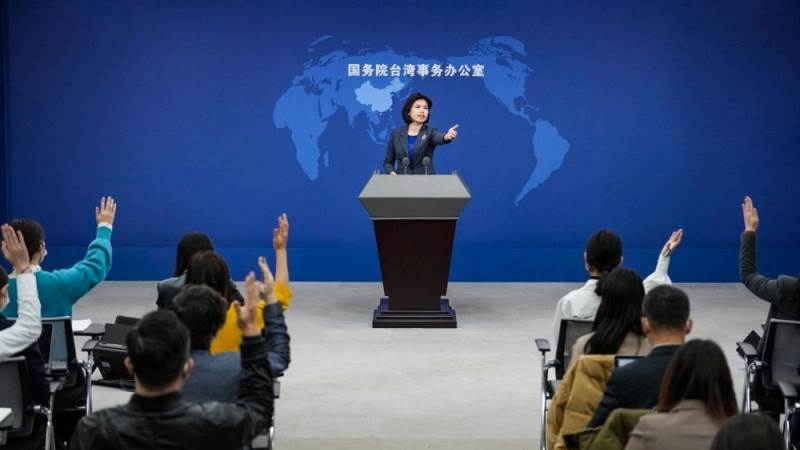Discussions at the Fifth Asia-Pacific Forum on Sustainable Development last week renewed focus on how best to build resilience among countries in the face of emerging risks, informed by insights from a new report from the UN Economic and Social Commission for Asia and the Pacific (ESCAP), the Asian Development Bank (ADB), and the UN Development Programme (UNDP).
The Asia-Pacific region has witnessed extraordinary development progress in recent decades. It has seen improvements in access to health care, education, water, and energy and a significant overall reduction in the number of people living in extreme poverty.
Complex change puts development progress at risk
Against this backdrop, hard-won gains risk being reversed in a region that is already vulnerable to myriad shocks and stresses. Inequality and climate change are major threats to continued development progress in a region that is also being reshaped by demographic shifts, rural–urban transitions, and technological advances.
Across the region, environmental sustainability is increasingly central to the development agenda. Last year, intense monsoon rains disrupted the lives of 40 million people in Bangladesh, India, and Nepal, leaving nearly 1,300 dead and 1.1 million in need of relief. Severe floods brought cities such as Hong Kong, China and Mumbai to a standstill. Startling reminders of the intense toll of pollution in the region abound—including the haze created by forest fires in Southeast Asia, or huge masses of plastic floating in the Pacific Ocean.
Bold and transformative steps are urgently needed to shift the collective focus to resilience—the ability of societies to survive, adapt and grow in the face of stress and shocks, and to convert these risks into opportunities. These will be essential if the region is to achieve the Sustainable Development Goals.
Resilience helps societies adapt and grow
Fortunately, there are encouraging signs that many national governments and communities are beginning to build resilience capacities to manage such shocks and are realizing the benefits. Our three organizations are collaborating with stakeholders across the region on many such initiatives.
Knowledge, information, education and effective communication can play a vital role in building anticipatory capacity. Many countries have set up early warning systems to help them avoid or reduce the impact of hazards such as floods, landslides, storms, and forest fires. However, greater efforts are needed to translate information and knowledge into concrete action, and to take social, cultural, and gender considerations into account.
Diverse efforts to build adaptive capacity are also underway. Countries are adopting macroeconomic and fiscal policies that help them absorb shocks and diversify their economies. They are integrating risk information into key sectoral policies, as well as national planning and budgeting. Most countries have begun to incorporate climate risk into national and sectoral planning, including through national adaptation plans and Nationally Determined Contributions.
One crucial aspect is to increase absorptive capacity and the options through which basic needs can be met in times of crisis. Many countries in the region are investing in social protection systems that can help build general resilience by providing income and health security. There is still enormous variation in coverage across the region, however. On average, only 60% of the population now has access to affordable and effective health care and financial protection while about 50% of older people still do not receive a pension. Coverage needs to be enhanced, especially for the most vulnerable populations.
With the Asia-Pacific region leading the charge on innovation, it is imperative that emerging technologies are deployed as key tools to help strengthen resilience in communities.
Innovations in information and communication technology are helping governments better identify those requiring support, understand their needs, and provide and monitor assistance programs. Such innovation can also help them factor climate and disaster risk information into these programs. Governments can build on these achievements and establish integrated social protection systems that strengthen peoples’ capacity to anticipate, absorb, and adapt to diverse shocks and stresses.
As we move toward the 2018 High-Level Political Forum on the Sustainable Development Goals, the theme of which is Transformation Toward Sustainable and Resilient Societies, the need to develop and execute concrete investment and implementation strategies takes on a renewed urgency. As countries participate in the Talanoa Dialogue to take stock of efforts to achieve the goals of the Paris Agreement, the links between a focus on resilience and sustainability in implementing the Sustainable Development Goals and progress on climate change goals have renewed importance.
We all live in an increasingly unpredictable and complex world. Together, we must build the capacity of institutions in the region to cope with shocks, seize new opportunities, and pursue more sustainable and resilient development paths.
Shamshad Akhtar
UN Under-Secretary-General and Executive Secretary of Economic and Social Commission for Asia and the Pacific (ESCAP)
Bambang Susantono
Vice-President for Knowledge Management and Sustainable Development of the Asian Development Bank (ADB)
Haoliang Xu
UN Assistant Secretary-General and UNDP Director for Asia-Pacific, United Nations Development Programme (UNDP)

